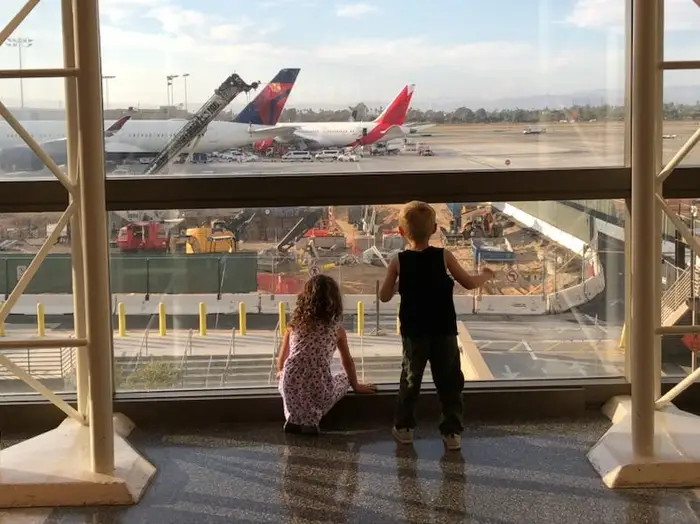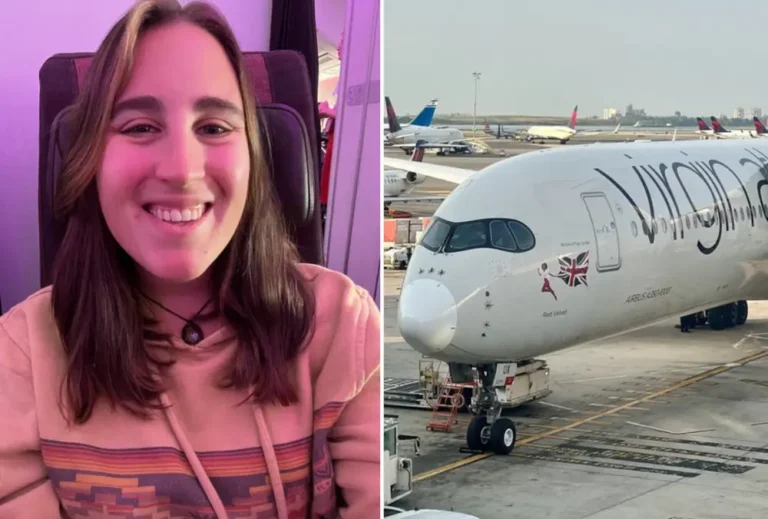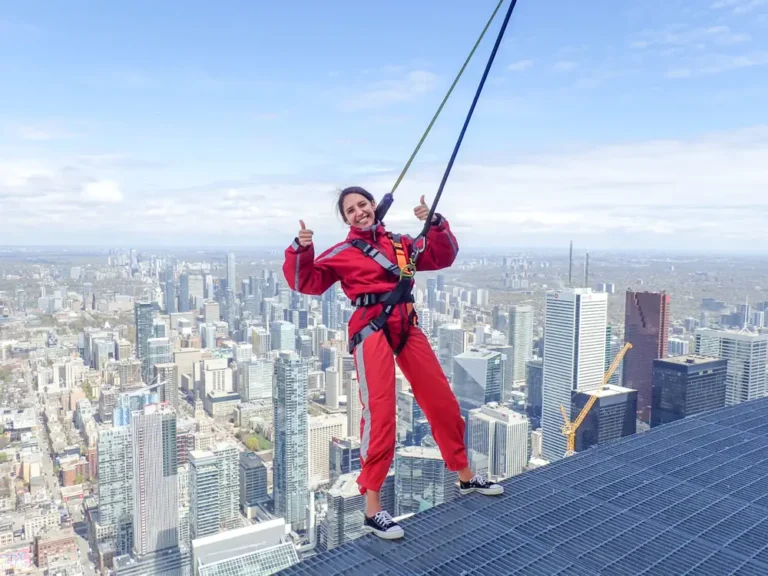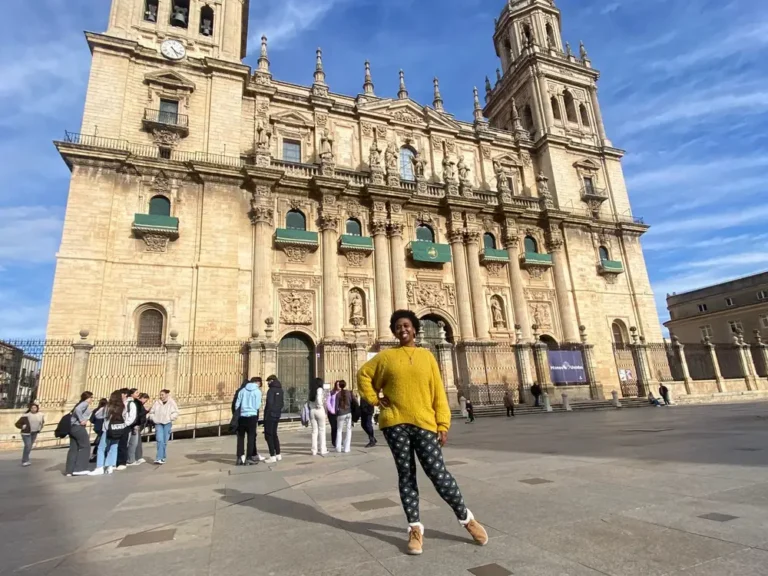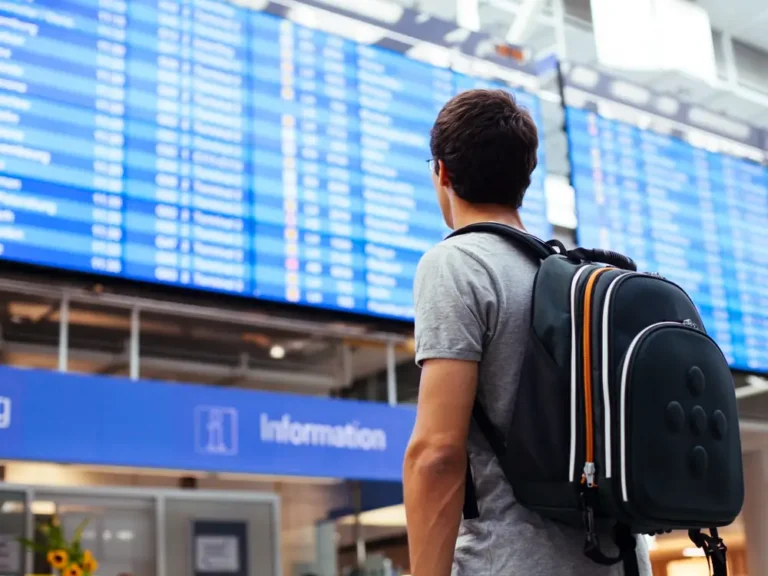I’ve been on 4 Alaskan cruises, and it’s the only route I ever want to sail. The beauty is unmatched.
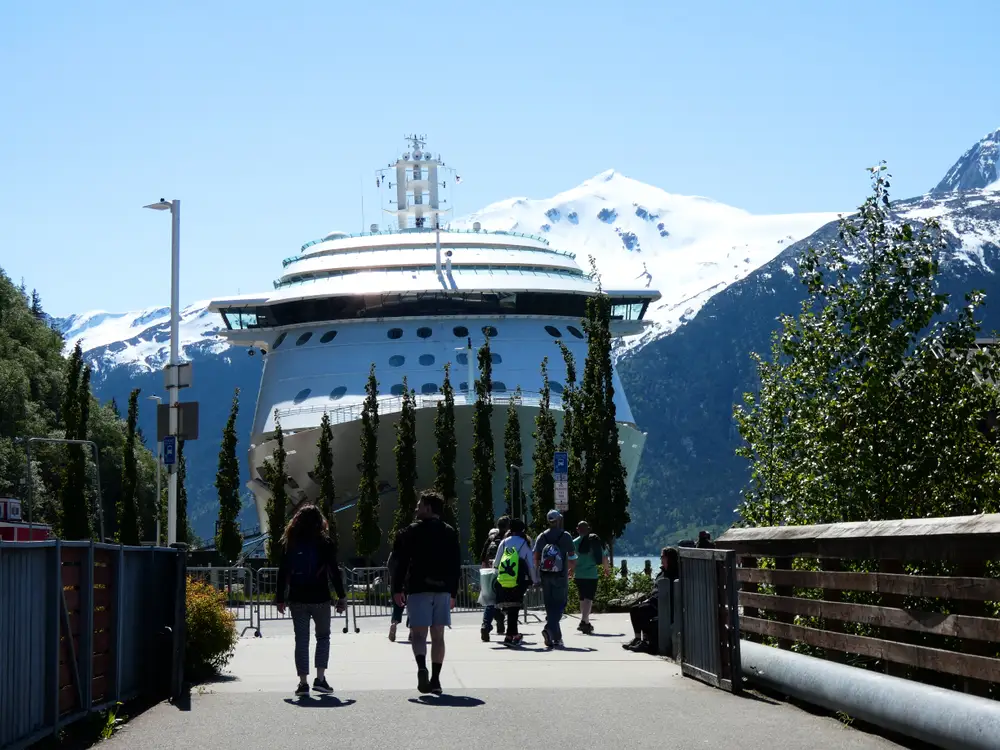
I keep booking Alaskan cruises to see more of the state’s beautiful scenery and wildlife.
If there were only one place I could cruise for the rest of my life, I’d choose Alaska. I’ve enjoyed other destinations, but the northernmost US state is unmatched in terms of sheer, unspoiled beauty.
Glaciers — particularly those in and around Juneau — are melting at alarming rates, and I don’t want to squander any of my remaining opportunities to take the natural beauty in.
Luckily, Alaska’s cruise industry is booming. In fact, at the start of October, residents of Juneau voted against a bill that would ban cruise ships on Saturdays because the industry is so crucial to the local economy.
With four Alaskan cruises under my belt — and more to come — here are some of the things that make the route so great.
The departure ports have their own kind of charm.
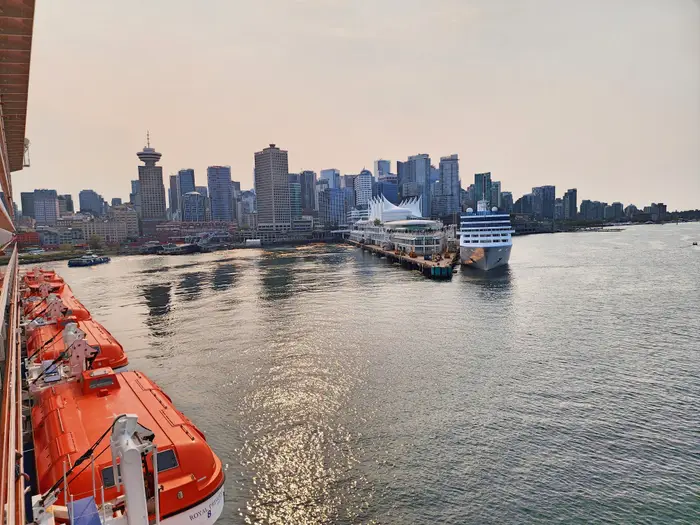
I particularly like sailing out of Vancouver.
The departure ports — San Francisco, Seattle, Vancouver, Seward, and Whittier — each offer their own unique beauty and charm.
Vancouver is particularly stunning as a departure port. Lush forests and snow-capped mountains surround the city, and the sail out through the Burrard Inlet offers breathtaking views of the North Shore Mountains.
On my last Alaskan cruise, we sailed from Vancouver, and the city’s scenic coastline was a perfect prelude to the rugged wilderness that lay ahead.
Sailing the Inside Passage is always an exciting spectacle.
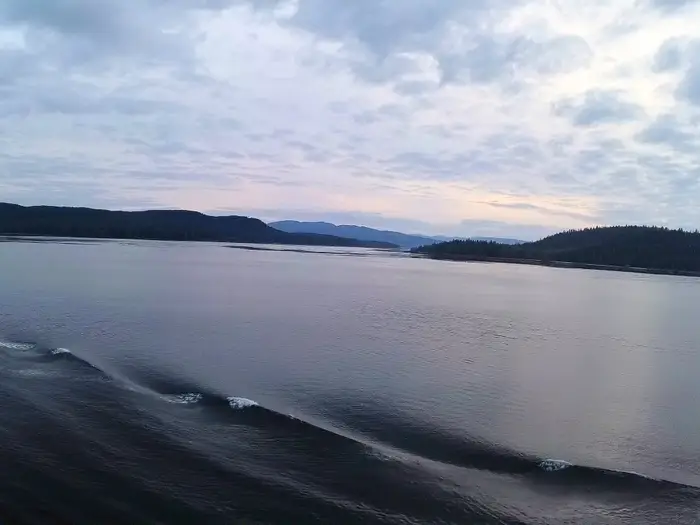
Lots of ships pass through the Inside Passage.
One of the greatest things about cruising in Alaska is that there’s always something to see between ports.
Unlike other cruise destinations, where vast stretches of open ocean are the norm, routes through the Inside Passage offer constant views of land, islands, and wildlife.
The narrow channel, carved by glaciers, runs between the Alaskan mainland and a series of islands, providing nearly uninterrupted views on both sides of the ship.
Ketchikan is like a gateway to the Alaskan wilderness.
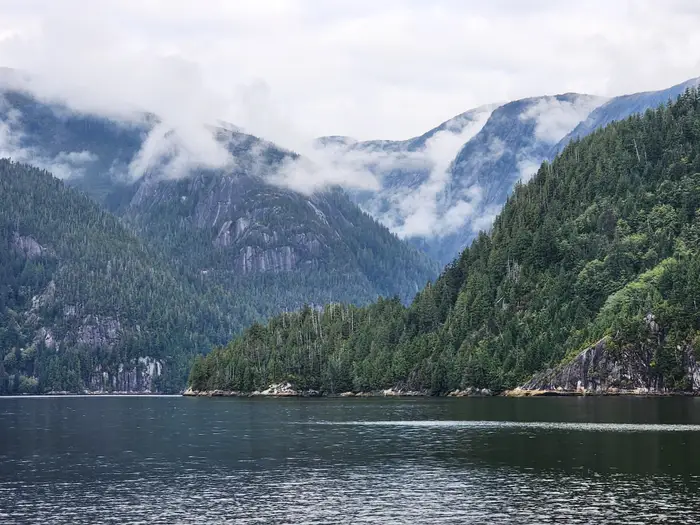
There’s something magical about watching the mist roll over the fjords.
Ketchikan is usually the first port of call if you’re heading north from Vancouver. It’s known for its vibrant Indigenous culture and breathtaking natural surroundings.
The city is famous for its proximity to Misty Fjords National Monument and is a prime spot for wildlife viewing.
Keep your eyes peeled for bald eagles soaring overhead or salmon swimming upriver.
Tracy Arm Fjord and the Sawyer Glacier are worth seeing.
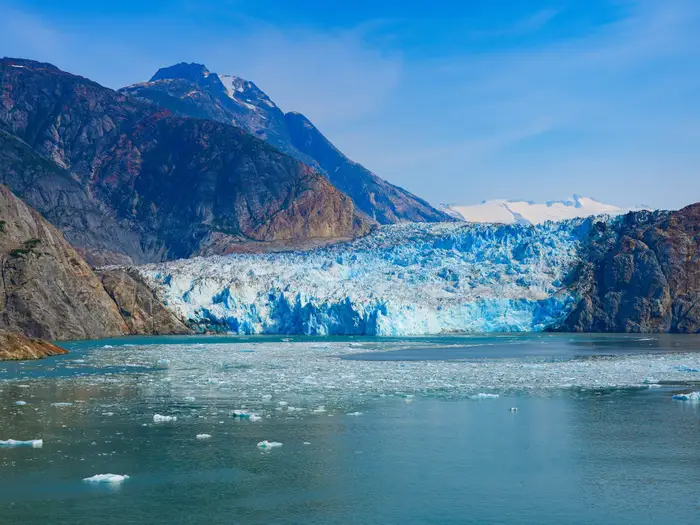
I’ve gotten some great views of Sawyer Glacier.
Between Ketchikan and Juneau, some routes swing by Tracy Arm Fjord, which is home to the stunning Sawyer Glacier.
This narrow fjord is flanked by steep cliffs with cascading waterfalls formed by melting snow from the cliffs above.
As the ship glides through the still waters of the fjord, you can sometimes hear the thunderous cracking of the glacier as it calves, sending massive chunks of ice into the sea.
Riding into the capital of Juneau is stunning.
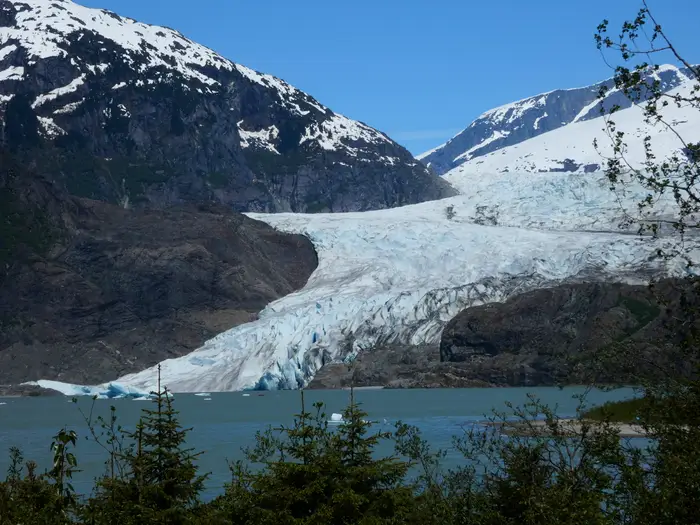
Mendenhall Glacier is just off the coast of Juneau.
The approach to Juneau, Alaska’s capital, is nothing short of magical.
Depending on your route, the ship may sail through calm waters that often resemble a mirror, reflecting the towering mountains on both sides.
Icy Strait Point feels like an authentic Alaskan experience.
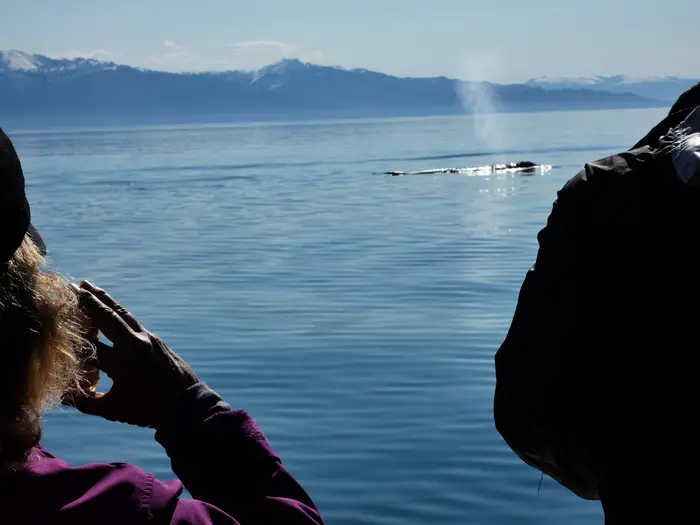
There’s plenty of whale-watching near Icy Strait Point.
Located near the town of Hoonah, Icy Strait Point is a private port owned by the Huna Totem Corporation, run by the native Huna Tlingit people.
As such, it offers visitors a unique opportunity to immerse themselves in a corner of Alaska’s rich indigenous culture.
Icy Strait Point is one of the more untouched ports I’ve visited. When you sail in and out, look for panoramic views of deep blue water, lush green forests, and snowcapped mountains.
Exploring Skagway is like taking a step back in time.
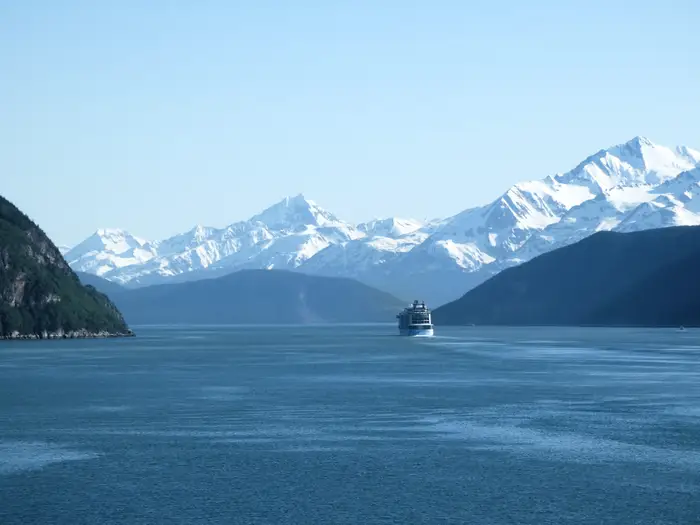
I love watching the ships come in when we’re stopped in Skagway.
Leaving Juneau, I like routes that head north to Skagway, a town with a rich history tied to the Klondike Gold Rush.
Nestled in a glacial valley, Skagway’s steep valley walls and snow-covered peaks create a dramatic backdrop.
It’s a great spot to take in a little history alongside the natural views.
Haines is a gem of southeast Alaska.
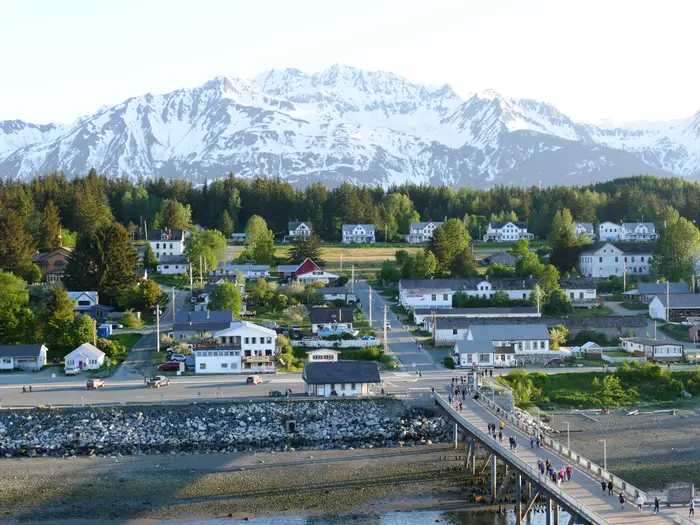
I don’t think enough people take the time to appreciate Haines, Alaska.
Just north of Skagway, Haines is another alternative port that often flies under the radar.
I love stopping there — it’s rich in natural beauty and Alaskan culture.
Glacier Bay is breathtaking.
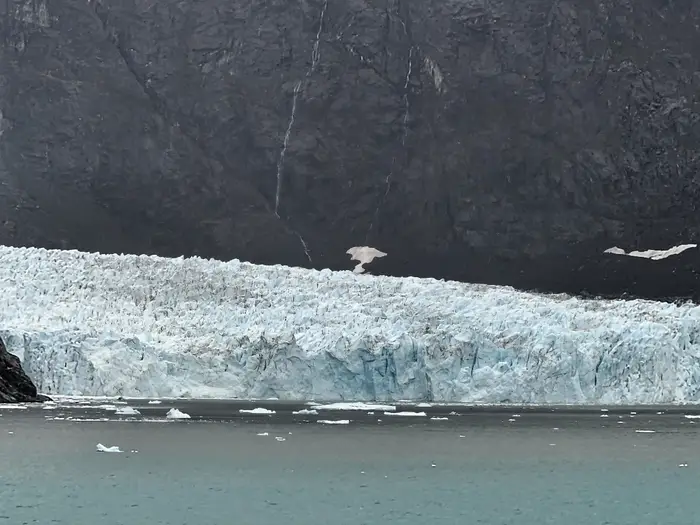
Seeing glaciers never gets old.
Further north, Glacier Bay National Park and Preserve is perhaps the most iconic stop on an Alaskan cruise.
Glacier Bay, designated a UNESCO World Heritage Site, is home to some of the world’s most impressive glaciers.
Everyone should experience Hubbard Glacier.
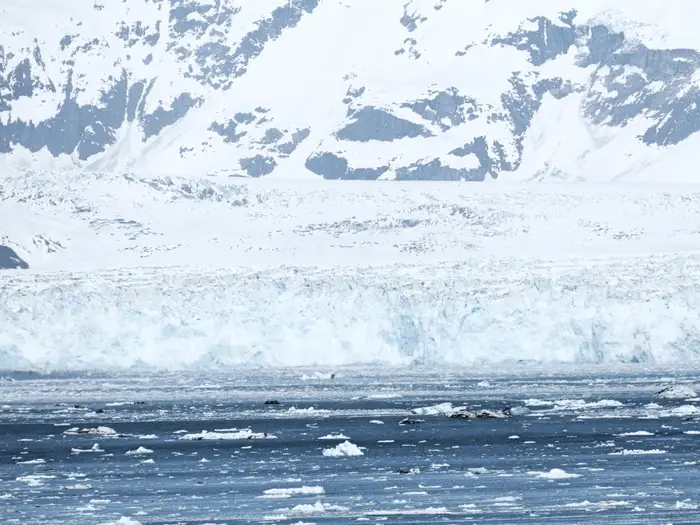
Hubbard Glacier is the largest tidewater glacier in the US.
On these cruises (usually toward the end), I look forward to encountering Hubbard Glacier, the largest tidewater glacier in North America.
Its scale is truly staggering, stretching 6 miles wide and rising 400 feet above the waterline. The glacier’s activity is constant, and seeing 10-story-high icebergs calve into the water is unforgettable.
College Fjord is a worthy grand finale.
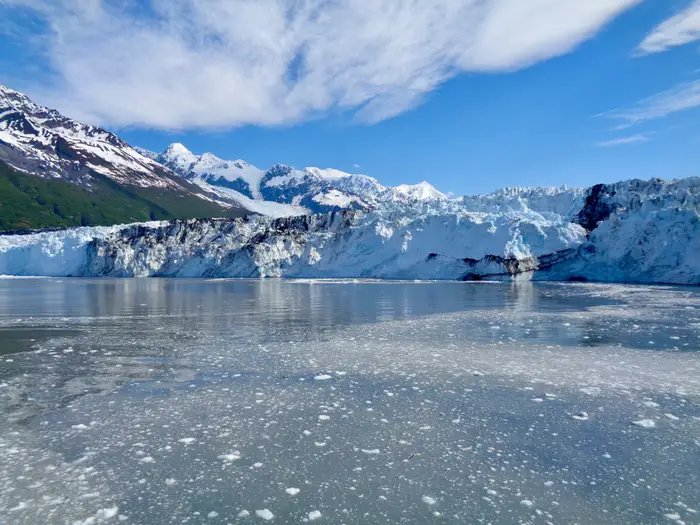
There are five tidewater glaciers in the fjord and several smaller ones nearby.
Just before reaching Whittier or Seward, depending on where my route ends, College Fjord offers one last display of Alaska’s glacial wonders.
With dozens of visible glaciers, this area is a perfect finale for any Alaskan cruise.

